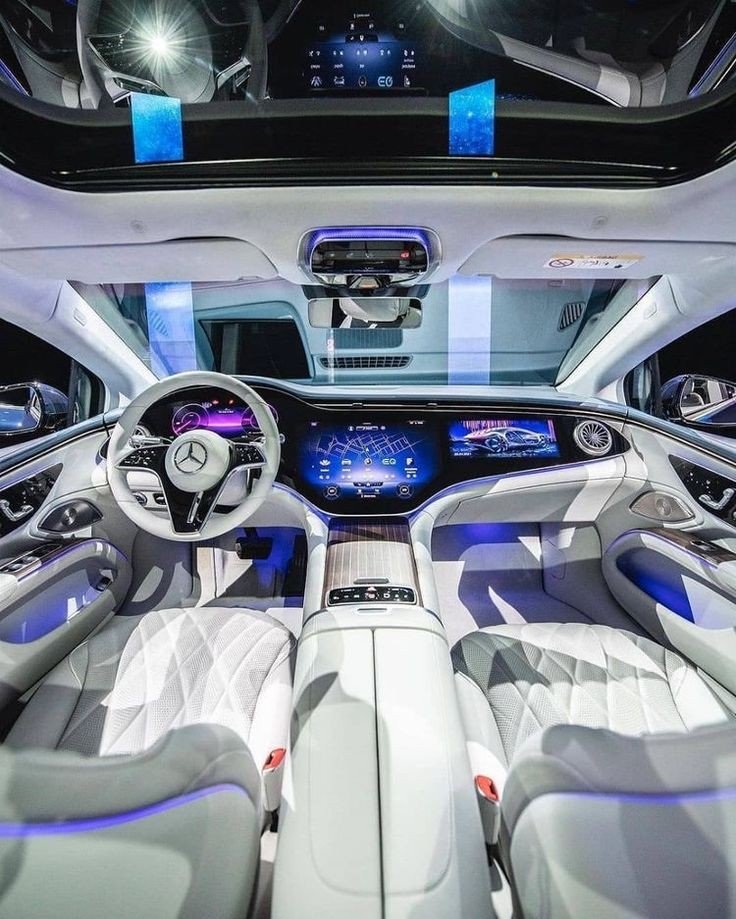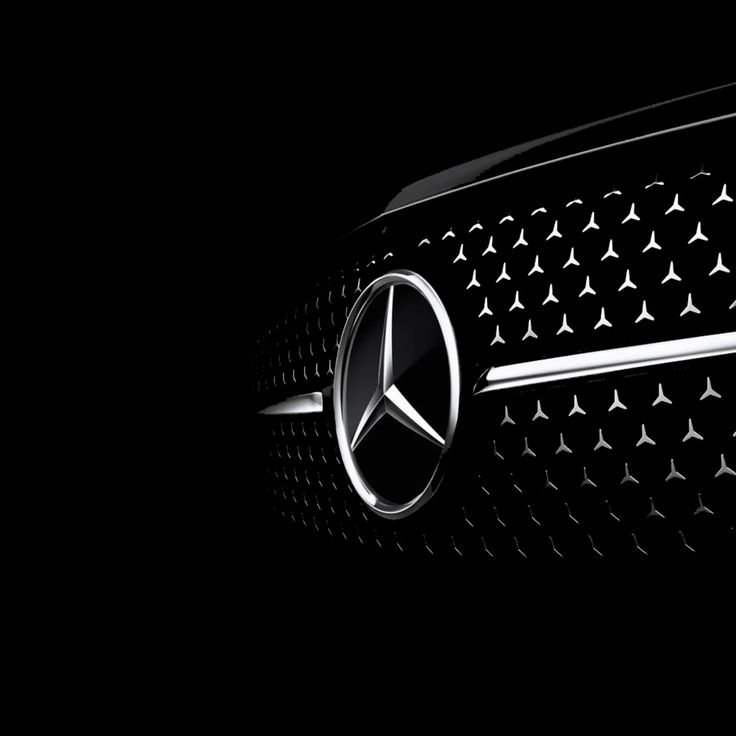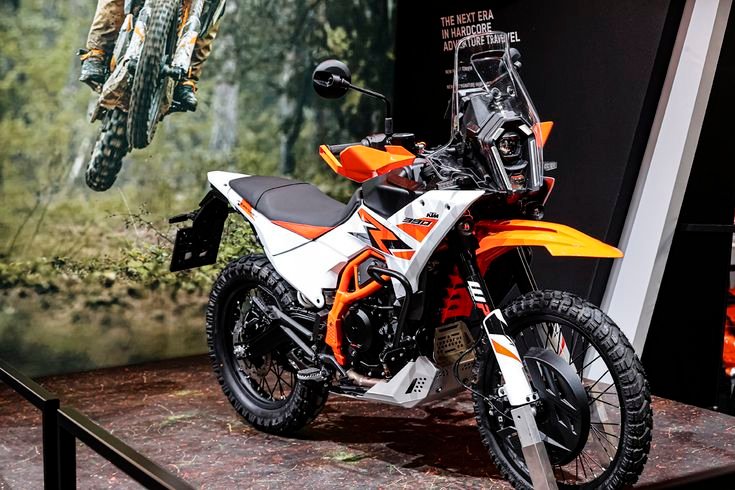
Toyota Motor Corporation, headquartered in Toyota City, Japan, is one of the largest and most respected automobile manufacturers in the world. Founded in 1937 by Kiichiro Toyoda, Toyota has grown into a global powerhouse, known for its commitment to quality, innovation, and sustainability.
This detailed article explores the history, technological advancements, market influence, and future prospects of Toyota, highlighting its contributions to the automotive industry and beyond.
Historical Background
Founding and Early Years
Toyota’s origins trace back to the Toyoda Automatic Loom Works, established by Sakichi Toyoda in the early 20th century. His son, Kiichiro Toyoda, ventured into automobile manufacturing, leading to the establishment of Toyota Motor Corporation in 1937. The company’s first passenger car, the Toyota AA, was produced the same year, marking the beginning of its journey in the automotive industry.
Post-War Expansion
After World War II, Toyota faced significant challenges, including financial difficulties and the need to rebuild its operations. However, the company persevered, focusing on innovation and quality. By the 1950s, Toyota had introduced several successful models, such as the Crown and Land Cruiser, which helped establish its reputation in Japan and abroad.
Global Expansion
Toyota’s global expansion began in earnest in the 1960s and 1970s, with the establishment of manufacturing plants and sales networks in North America, Europe, and other regions. The launch of the Corolla in 1966 was a turning point, as the model became one of the best-selling cars worldwide. Toyota’s emphasis on reliability, fuel efficiency, and affordability resonated with consumers, propelling the company to international success.
Technological Advancements
Lean Manufacturing and the Toyota Production System
One of Toyota’s most significant contributions to the automotive industry is the development of the Toyota Production System (TPS), also known as lean manufacturing. TPS emphasizes efficiency, waste reduction, and continuous improvement, resulting in higher quality products and lower production costs. Key principles of TPS include:
- Just-In-Time (JIT): Producing only what is needed, when it is needed, and in the amount needed, minimizing inventory costs.
- Kaizen: Continuous improvement involving all employees, from executives to factory workers, in identifying and solving problems.
- Jidoka: Automation with a human touch, where machines are equipped to detect abnormalities and stop production to prevent defects.
Hybrid Technology and the Prius
Toyota revolutionized the automotive industry with the introduction of the Prius, the world’s first mass-produced hybrid vehicle, in 1997. The Prius combined a gasoline engine with an electric motor, offering exceptional fuel efficiency and reduced emissions. The success of the Prius paved the way for other hybrid models and solidified Toyota’s position as a leader in environmentally friendly technology.
Hybrid Synergy Drive (HSD): Toyota’s hybrid technology, known as Hybrid Synergy Drive, seamlessly integrates the gasoline engine and electric motor, optimizing performance and fuel efficiency. HSD has been continually refined and expanded to other models in Toyota’s lineup.
Fuel Cell Technology
Toyota has also been at the forefront of fuel cell technology, which uses hydrogen to generate electricity, producing only water vapor as a byproduct. The Toyota Mirai, launched in 2014, is one of the first commercially available hydrogen fuel cell vehicles. Toyota continues to invest in fuel cell research and infrastructure, aiming to make this clean technology more accessible.
Autonomous Driving and Connectivity
Toyota is actively developing autonomous driving technology and connected car features. The company’s strategy focuses on enhancing safety, convenience, and mobility through advanced driver-assistance systems (ADAS) and vehicle-to-everything (V2X) communication. Key initiatives include:
Toyota Guardian: A suite of ADAS features designed to assist drivers and prevent accidents, including adaptive cruise control, lane-keeping assist, and automatic emergency braking.
Toyota e-Palette: An autonomous, electric vehicle platform designed for various applications, from ride-sharing to mobile retail, showcasing Toyota’s vision for future mobility.
Market Influence
Global Market Leadership
Toyota consistently ranks among the top automakers in terms of sales, production, and market share. The company’s diverse lineup, which includes compact cars, luxury sedans, SUVs, trucks, and commercial vehicles, caters to a wide range of consumer preferences and needs.
- North America: Toyota has a strong presence in the North American market, with popular models like the Camry, Corolla, RAV4, and Tacoma. The company’s manufacturing plants in the United States, Canada, and Mexico produce vehicles for the local market and export.
- Asia: In addition to its dominance in Japan, Toyota has a significant market share in other Asian countries, including China, India, and Thailand. Toyota’s focus on affordability, reliability, and fuel efficiency resonates with consumers in these rapidly growing markets.
- Europe: Toyota has established a solid foothold in Europe, with a range of models that meet the region’s stringent emissions standards and consumer demands for eco-friendly vehicles.
Commitment to Quality and Customer Satisfaction
Toyota’s reputation for quality and customer satisfaction is a cornerstone of its success. The company’s focus on reliability, durability, and safety has earned it numerous awards and accolades over the years. Toyota’s dedication to meeting and exceeding customer expectations is reflected in its high resale values and strong brand loyalty.
Environmental Leadership
Toyota is committed to environmental sustainability and reducing its carbon footprint. The company’s initiatives include:
Environmental Challenge 2050: Toyota’s ambitious plan to achieve zero CO2 emissions from its vehicles and manufacturing operations by 2050. The plan includes expanding the use of renewable energy, improving energy efficiency, and promoting recycling and resource conservation.
Hybrid and Electric Vehicles: Toyota continues to expand its lineup of hybrid, plug-in hybrid, and all-electric vehicles, aiming to offer electrified options for all its models by 2025. The company’s focus on hybrid technology has significantly reduced greenhouse gas emissions and fuel consumption.
Challenges and Criticisms
Recalls and Quality Control
Despite its strong reputation for quality, Toyota has faced challenges related to recalls and quality control issues. High-profile recalls, such as the unintended acceleration issue in the late 2000s, have raised concerns about the company’s quality assurance processes. Toyota has taken steps to address these issues, including enhancing its quality control systems and improving communication with customers and regulatory agencies.
Competition and Market Dynamics
The automotive industry is highly competitive, with traditional automakers and new entrants vying for market share. Toyota faces pressure from other global manufacturers, such as Volkswagen, General Motors, and Ford, as well as emerging companies like Tesla and BYD. The rapidly changing market dynamics, driven by advancements in electric and autonomous vehicles, require Toyota to continuously innovate and adapt.
Supply Chain and Production Challenges
Toyota’s global supply chain and production network are complex and vulnerable to disruptions. Events such as natural disasters, geopolitical tensions, and the COVID-19 pandemic have impacted the company’s operations. Toyota has implemented strategies to enhance supply chain resilience, such as diversifying suppliers and increasing inventory levels, but challenges remain.
Future Prospects
Continued Innovation and Technology Development
Toyota’s commitment to innovation and technology development positions it well for the future. Key areas of focus include:
- Electrification: Toyota plans to expand its electrified vehicle lineup, with a goal of selling 5.5 million electrified vehicles annually by 2030. The company is investing in solid-state battery technology, which promises to offer higher energy density, faster charging times, and improved safety.
- Autonomous Driving: Toyota aims to advance its autonomous driving capabilities, with a focus on safety and real-world applications. The company’s investments in AI, machine learning, and sensor technology will play a crucial role in achieving full autonomy.
- Mobility as a Service (MaaS): Toyota envisions a future where transportation is seamlessly integrated into daily life through shared and autonomous mobility solutions. The e-Palette platform and partnerships with ride-sharing companies are steps toward realizing this vision.
Sustainability and Environmental Goals
Toyota’s Environmental Challenge 2050 outlines the company’s long-term sustainability goals, including:
- Carbon Neutrality: Achieving carbon neutrality in its vehicles and operations by 2050. This includes transitioning to renewable energy sources, improving energy efficiency, and promoting sustainable practices throughout the supply chain.
- Water Conservation: Reducing water usage and improving water management in manufacturing processes to minimize environmental impact.
- Biodiversity: Promoting biodiversity conservation through reforestation, habitat restoration, and sustainable land use practices.
Global Expansion and Market Penetration
Toyota’s global expansion strategy involves increasing its presence in emerging markets and strengthening its position in established markets. Key initiatives include:
- Local Production: Expanding manufacturing capabilities in key regions to reduce costs, improve supply chain resilience, and meet local demand. This includes investments in new production facilities and partnerships with local companies.
- Market-Specific Models: Developing vehicles tailored to the preferences and needs of different markets, such as compact cars for urban areas and rugged SUVs for rural regions.
Toyota’s journey from a small loom manufacturer to a global automotive leader is a testament to its commitment to innovation, quality, and sustainability. The company’s pioneering work in lean manufacturing, hybrid technology, and fuel cell vehicles has reshaped the automotive industry and set new standards for environmental stewardship.
As Toyota continues to navigate the challenges and opportunities of the 21st century, its focus on electrification, autonomous driving, and sustainable practices will be crucial in maintaining its competitive edge. The company’s vision for the future, embodied in initiatives like the Environmental Challenge 2050 and the e-Palette platform, demonstrates its commitment to creating a better, more sustainable world.
In conclusion, Toyota’s legacy of excellence and innovation positions it as a driving force in the automotive industry and a leader in the transition to a sustainable future. As the company continues to evolve and expand, its impact on mobility, technology, and the environment will remain profound, shaping the way we move and live for generations to come.
ALSO READ: How Autonomous Trucks Are Revolutionizing the Logistics Industry





